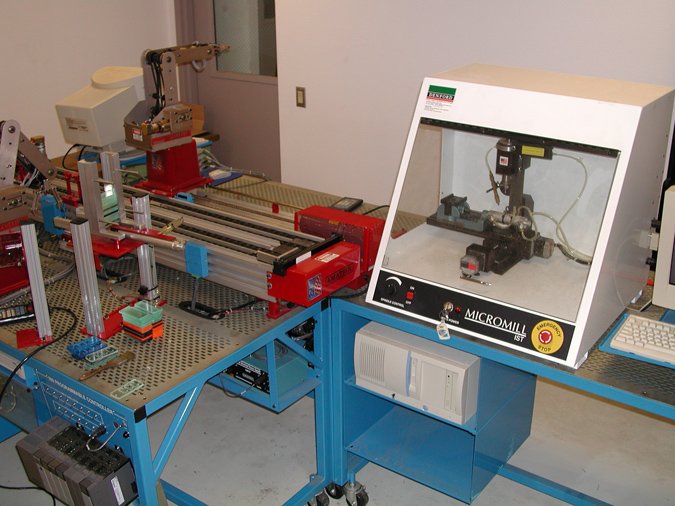

SOMETIMES it helps to see even the patent microcosm admitting the obvious truth. A glimmer of honesty is a rare sight inside that microcosm. But they now realise that the legitimacy of the whole system they make a living from is at risk.
The rationale behind patent systems is the "quid pro quo". That is, the concept of encouraging innovation by rewarding innovators with a monopoly. How will an AI module be encouraged to do anything? It seems to me that Dr Thaler has been encouraged by the promise of a monopoly over the production of "inventions". If the AI module is named as the "inventor", then the quid pro quo principle is disturbed. It matters not that the AI module is named as a co-inventor. Co-inventorship implies a sharing of the promise of the reward.
It can't be denied that the AI module has carried out an act of "invention" according to the ordinary English language definition. However, "invention" must mean something different in the context of a patent. It is for that reason that "invention" is defined in some way in most patent legislation. It is codified in Europe and defined more generically in the U.S. Either way, the definition together with the other statutory obligations that must be met for the grant of a patent have been formulated to answer the question: "Should the state reward the inventor(s) with a patent monopoly for the contribution to the technical field?" Those advocating for the allocation of the epithet "inventor" to an AI module in the context of a patent are failing to consider the raison d'etre of the patent system. How do we reward an AI module?
That brings us to a much broader question. When and how do we grant personality rights to an AI module? It may be inevitable that we must. Perhaps only then can an AI module be named as an "Inventor" in the context of a patent system.